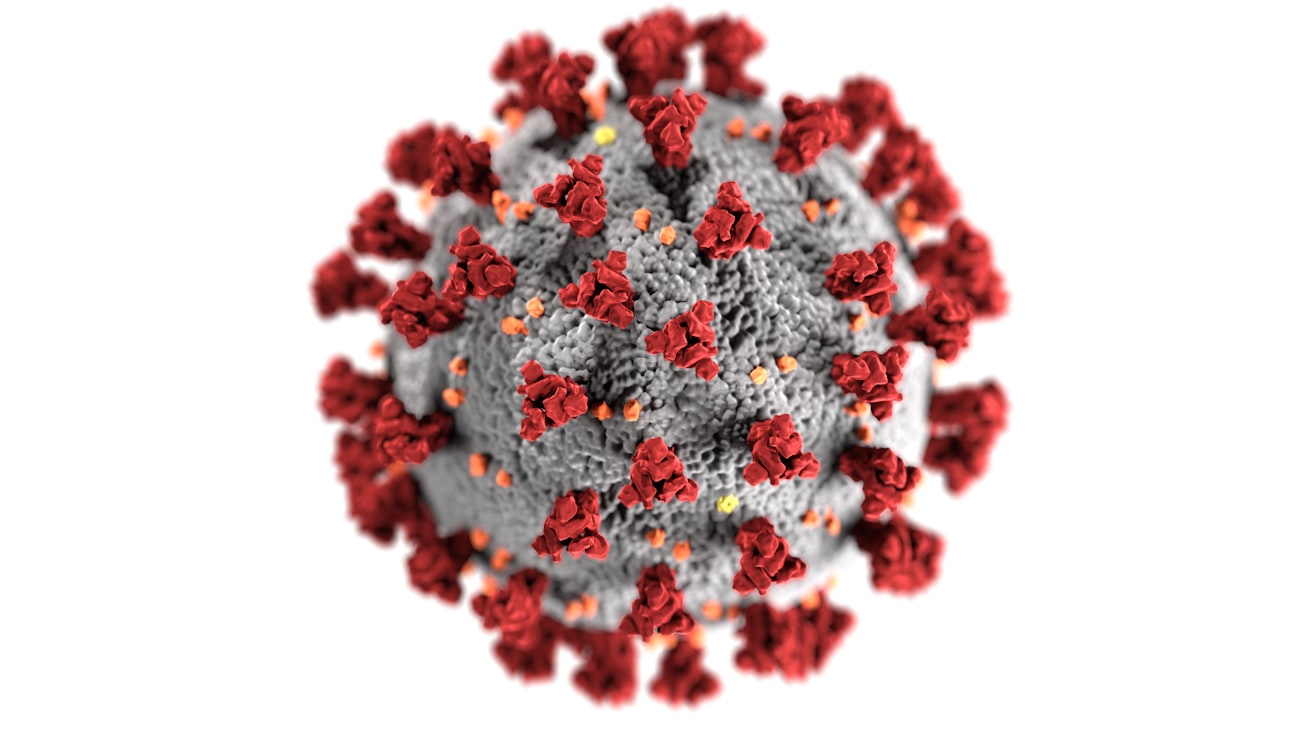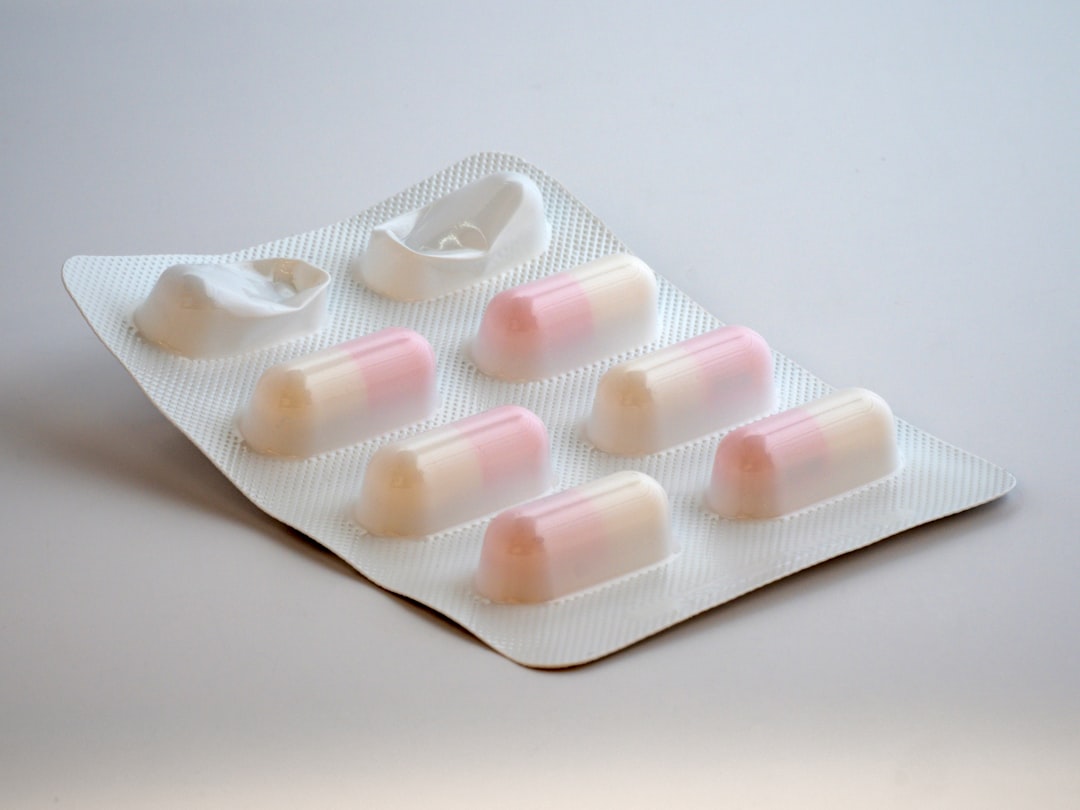What is it about?
This paper is intended at exploring the possibilities of controlling the COVID-19-associated hyperinflammation by using licensed drugs with anti-inflammatory effects. We have previously described the effects of pentoxifylline and oxypurinol either alone or in combination to reduce the systemic inflammation caused by experimentally-induced pancreatitis in rats. Therefore, it may be hypothesized that an early treatment of COVID-19 patients with pentoxifylline, alone or in combination with oxypurinol, would prevent the potentially lethal acute respiratory distress syndrome caused by hyperinflammation of the disease. Pentoxifylline and oxypurinol are licensed drugs used for diseases other than COVID-19 and, therefore, phase I clinical trials would not be necessary for administration to SARS-CoV2- infected people.
Featured Image

Photo by CDC on Unsplash
Why is it important?
COVID-19, caused by SARS-CoV2, is a potentially lethal, rapidly-expanding pandemics and many efforts are being carried out worldwide to understand and control the disease. COVID-19 patients may display a cytokine release syndrome, which causes a severe lung inflammation leading in many instances to death. The proposed drugs are licensed drugs that experimentally acts in hyperinflammation caused by experimentally-induced pancreatitis in rats.
Perspectives
It would be worth trying their potential effects of Pentoxifylline and Oxypurinol against hyperinflammatory response to SARS-CoV2 infection.
GERARDO LOPEZ-RODAS
Universitat de Valencia Biblioteca de Ciencies Eduard Bosca
Read the Original
This page is a summary of: Pentoxifylline and Oxypurinol: Potential Drugs to Prevent the Cytokine Release (Storm) Syndrome Caused by SARS-CoV-2?, Current Pharmaceutical Design, October 2020, Bentham Science Publishers,
DOI: 10.2174/1381612826666200811180232.
You can read the full text:
Resources
Contributors
The following have contributed to this page










